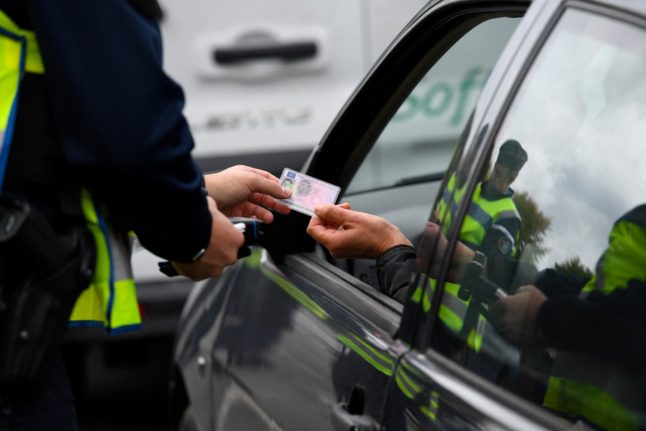Having children in France is just as brilliantly difficult and gloriously maddening as it is anywhere in the world. But it can also be a major money-saver.
A not-uncommon topic of conversation is the generous support for parents. Three is the magic number of children for a family, for tax purposes – though that has to be offset against the realities of actually parenting three children.
READ ALSO Family-centred society: What it’s really like being a parent in France
We’ll leave that last calculation to you, and just deal with the French tax system, which is rather less complex.
So as tax declarations for 2024 are now open, here are the tax breaks you get for being a parent in France.
READ ALSO The 2024 French tax guide
Childcare
Let’s start with little kids, when you’re likely to be paying out for childcare.
Parents of children under the age of 6 on January 1st of any given tax year can obtain a tax credit towards the cost of childcare. This can either go towards crèche fees or the cost of an approved childminder or nanny.
The child concerned must be under 6 years of age on January 1st of the tax year. The credit is equal to 50 percent of the sums paid on childcare, up to a limit of €3,500 per child per year.
You must declare the net annual salary you pay any childminder/nanny, and any social security contributions.
School
A child in full-time education who does not have an employment contract entitles parents to a tax reduction of €61 if they’re in collège, €153 if they’re in lycée, and €183 if they’re in higher education, as long as they’re part of their parents’ tax household.
READ ALSO What you need to know if your child is starting school in France
In addition to the tax breaks, parents of school-age children are also entitled to various types of financial aid to help cover school costs including the ‘back to school’ bonus that is intended to cover those September costs for new uniform, stationery etc.
Divorce
If you’re divorced, then alimony payments may be tax deductible, depending on your childcare arrangements. The amount varies according to the financial situation of the parent paying the support. On the other hand, the cost of maintaining visitation rights, such as train tickets, are not tax-deductible.
If parents have agreed shared custody of any children, any alimony payments are not deductible, because each parent is entitled to an increased tax share of their individual household.
Adult children
You might think that tax breaks are only available when your children are still young, but even when they reach the age of 18 there are still some tax benefits available.
Accommodation for adult children
If your adult child – that is a child over the age of 18 – lives with you and is attached to your tax household, you can deduct a lump sum of €3,968 from your income on your declaration for 2023 earnings, which is due now. According to the tax authorities, this amount corresponds to the cost of board and lodging.
“When the child’s accommodation covers only a fraction of the year, this sum must be reduced in proportion to the number of months concerned, with any month begun being deducted. Even if it is a lump sum, the amount deducted must be declared by the beneficiary”, the tax authorities’ website states.
Financial aid for children with no income
Parents who provide monthly financial assistance to adult children up to the age of 25 living on their own can declare the sums paid up to a limit of €6,368 per year. This aid is fully deductible.
“You must keep all receipts for expenses, as they may be requested by the tax authorities. If the parents are taxed separately, each parent can deduct expenses up to this limit,” the tax office website says.



 Please whitelist us to continue reading.
Please whitelist us to continue reading.
Member comments